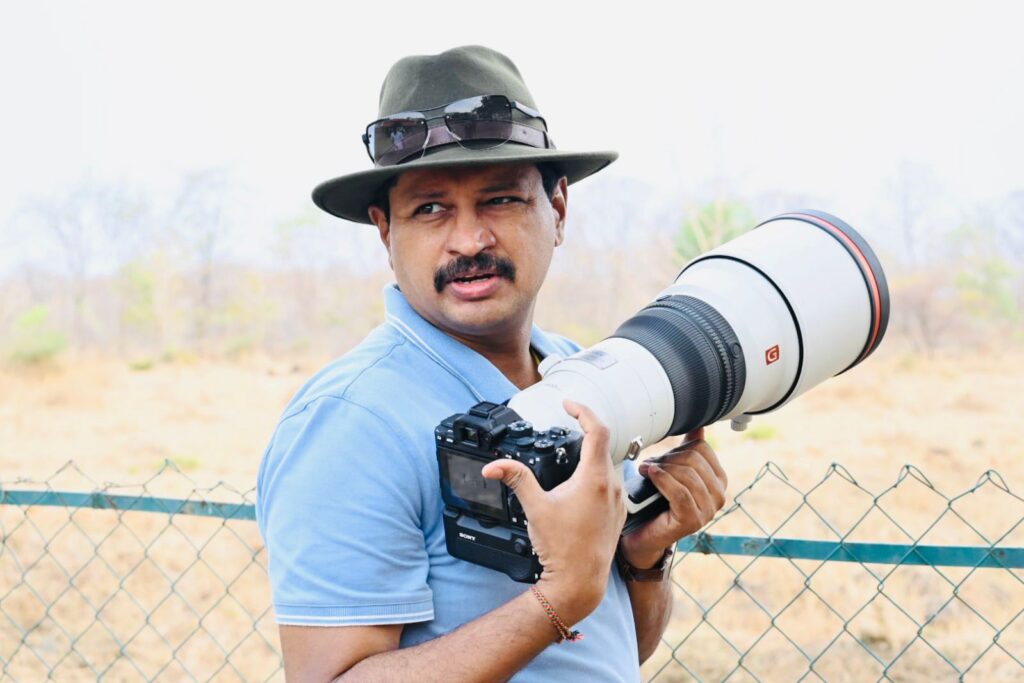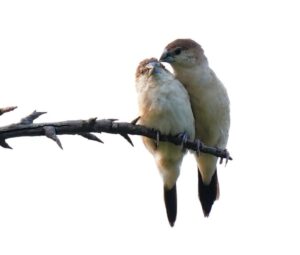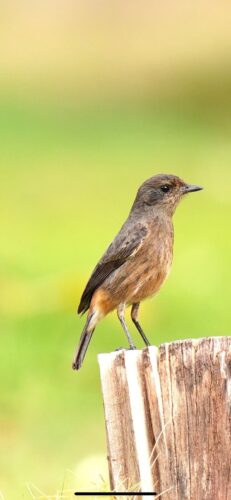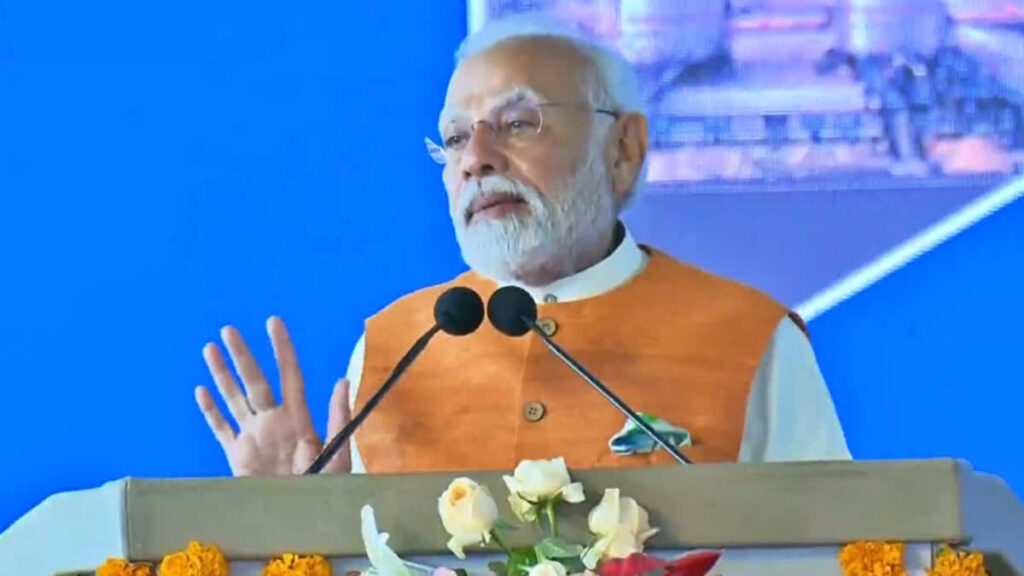
Rama Krishna Sangem
BRS Rajya Sabha MP and Green India Challenge founder J Santosh Kumar this Sunday, November 12, clicked and posted on X pictures of our own sparrow. Incidentally, this Sunday comes with our grand festival of lights Deepavali. Last Sunday, November 5, too he posted on X a pair of sparrows – befitting Two to Tango tagline. He has been posting photographs of wildlife and nature on every Sunday, as part of his #WeekendPhotography.
This effort is to bring awareness among the youth and nature enthusiasts to turn to photograph, thus sharpen our sensibilities about the need to preserve and conserve nature and environment. Needless to say, Santosh is a member of parliamentary standing committee on forests, wildlife, nature and climate change. He never misses an opportunity to spread the cause of green and nature.
Excel India shares his passion for nature, wildlife and environment conservation. We also appreciate his keenness to develop photography as a hobby, a must for every nature lover, and dutiful posting of photos on the social media. That’s why we too carry his posts on our platform. This Sunday, his posts on X were viewed by close to 4,900 by evening 6 pm, while many others liked and shared them.

Sparrows our early friends
Perhaps sparrows, also called house sparrows are early birds for most of us. Because, we may have seen them since our childhood. Sparrows rushing and sitting our balconies or grills (in urban areas) and walls and rooftops (in rural areas) is a common sight. They are the early free birds (maybe on par with crows) we have seen. What we don’t know, perhaps, is that there are over 1,000 subspecies of sparrows in the world.
In India and Telangana, we can find around 20 kinds of sparrows, with common traits and shapes. What we perhaps don’t know is that they are the most social birds, among all winged friends. They clean our environs by feeding on small insects and weeds. Of course, these day they face threat to their survival, though they not be on the list of endangered species. It is our duty to conserve them and help them survive, by keeping water and cereals, if we can.



